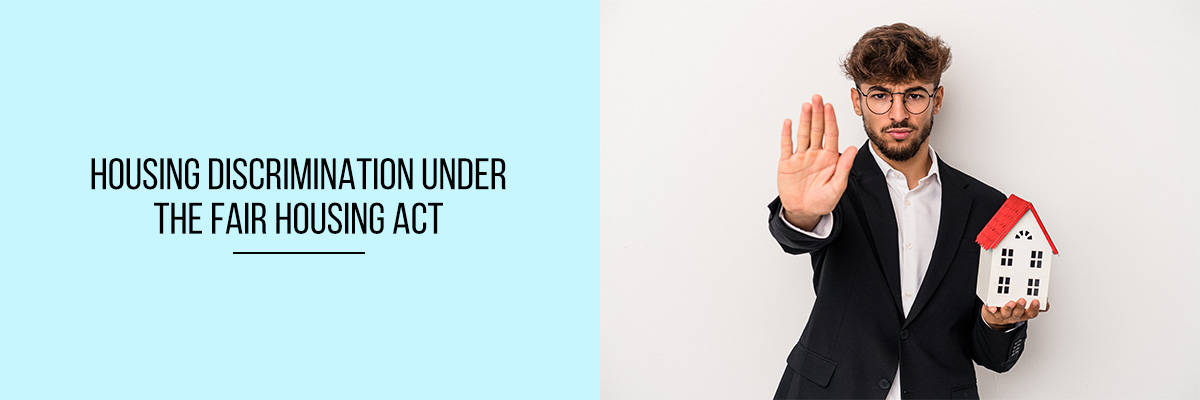Housing discrimination towards minorities is a major problem in the U.S. where there are a disproportionate number of segregated neighborhoods and communities.
But how do you know if a landlord is discriminating?
The Model Lease and Residential Landlord and Tenant Act (RLTA) of 1983, effective through 1988, provided the means; if a tenant or landlord refused to rent or lease to a person or group based on race, color, religion, national origin, sex, familial status, or disability, they may be liable in federal and state courts. The policy and standards in the law were codified in the regulations of the Department of Housing and Urban Development (HUD).
The Fair Housing Act of 1968 was a landmark piece of legislation that prohibits discrimination in housing based on race, color, national origin, religion, sex, familial status, or disability. One of the ways that persons can file a complaint to the U.S. Department of Housing and Urban Development (HUD) is to test for housing discrimination by comparing the type of rental housing provided to different racial groups. In 2017, the Department of Housing and Urban Development (HUD) published a notice stating that it would begin testing rental housing agencies to determine if they comply with the Fair Housing Act of 1968.
As you know, housing discrimination is not a new issue. It was the first federal civil rights law to be passed after the Civil War and was passed by Congress in 1968. It has been eroded over time by many court cases. Discrimination in housing can take on many forms, but the two most common forms are racial discrimination and denial of access to housing based on disability. Thousands of housing discrimination cases are filed each year in federal court.



Understanding the Fair Housing Act
The Fair Housing Act is a federal law that protects individuals from discrimination in the purchase or lease of housing, as well as the financing of housing. In some ways, it is not as simple as it sounds.
The Fair Housing Act (FHA) was enacted in 1968 to prohibit discrimination in the purchase, sale, rental, or financing of housing based on race, color, national origin, religion, sex, familial status, or handicap. The intent of the Act is to eliminate housing discrimination based on race, color, sex, religion, national origin, familial status, or handicap. Enacted under Title VIII of the Civil Rights Act of 1968, the FHA was the first civil rights legislation to be enacted since the passage of the Civil Rights Act of 1964.
Fair Housing Act Enforcement
Under the Fair Housing Act, the DOJ (U.S. Department of Justice) may file a case against a litigant who is alleged to have been involved in a “practice or pattern” of discrimination such that an upshot of “general public importance” is raised.
Final Words
The Fair Housing Act (FHA) protects the rights of renters, home buyers, and home sellers from housing discrimination. It prohibits discrimination in the sale, rental, and financing of housing, as well as the provision of services (such as home repairs or housing-related loans) based on sex, race, color, national origin, religion, familial status (such as children, single parents, or pregnant women), disability, and military service.
Attend the Compliance Prime webinar to learn more about Fair Housing Act (FHA).


